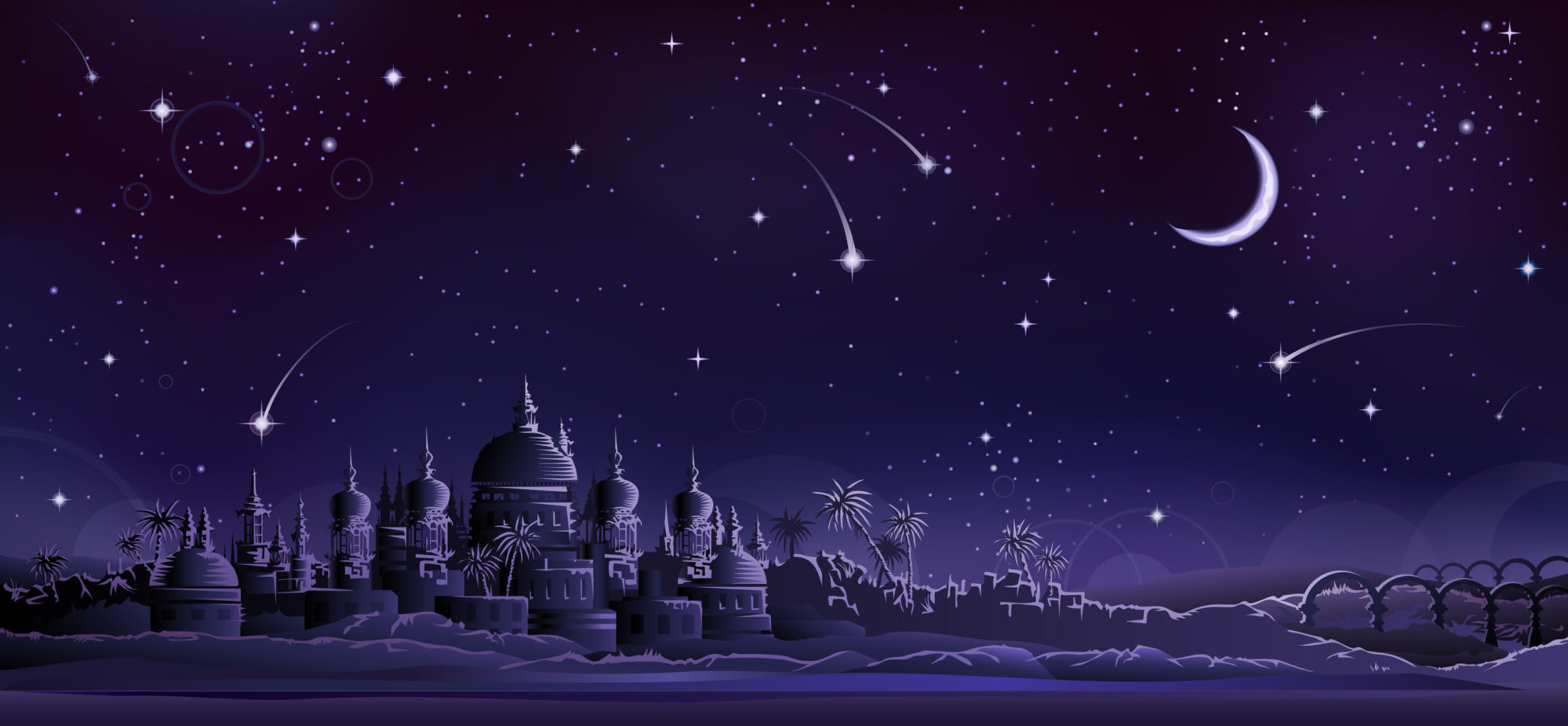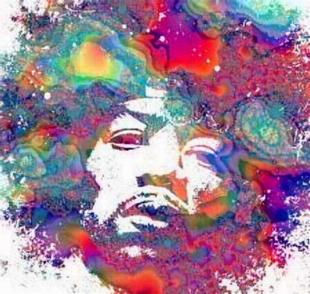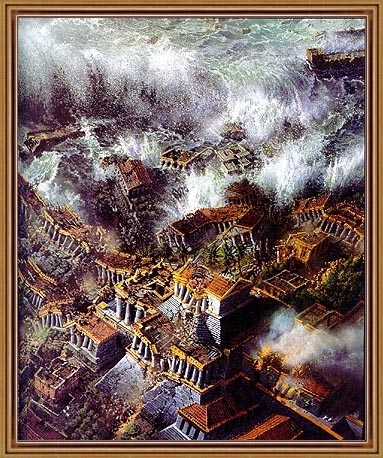So I’m five days early, but I wanted to do a post about National Coming Out Day before rather than after the event.
National Coming Out Day was founded in 1988 by psychotherapist/activist Dr. Robert Eichberg and pioneer lesbian activist Jean O’Leary. The purpose is to raise awareness of the LGBT community and offer support and resources to those who are afraid to come out. Though started in the U.S., National Coming Out Day is actually an international celebration. It’s celebrated on October 11th in most countries; NCOD is observed on November 12th in the United Kingdom.
A literary trivium: both Eichberg and O’Leary were authors. Eichberg wrote the self-help book Coming Out: An Act of Love, which was a sort of bible for me in my formative years. O’Leary was a former nun and contributed to a 1984 anthology entitled Lesbian Nuns: Breaking the Silence. The well-recognized coming out of the closet logo was designed by Keith Haring.
There are so many things to write about for NCOD 2010–the need for LGBT visibility in the aftermath of isolated, bullied teens killing themselves, the fight for marriage equality and the right to serve openly in the military, and the courageous story of Benjamin Carver who was jumped by bashers in the bathroom of NYC’s Stonewall Inn and fought off his assailants, just two days ago.
I’ve been planning for awhile to tell my own coming out story here, as is the tradition for NCOD. But there are so many other things going on, I have to take a brief detour.
So back to the bullying/suicides. There’s this amazing grassroots campaign happening in response to the recent tragedies of Tyler Clementi (New Jersey), Seth Walsh (California), Raymond Chase (Rhode Island), Billy Lucas (Indiana), and Justin Aaberg (Minnesota). It’s called It Gets Better and was created by one of my personal heroes: columnist and hottie Dan Savage. Savage’s project encourages young people and adults to videotape messages of hope to young people who may feel alone and hopeless. Youtube now hosts hundreds of inspirational videos including ones by Tim Gunn, Jake Shears and Perez Hilton.
You can watch one of the videos here: It Gets Better Project
Allright. My coming out story. We each have so many stories – when we told a best friend, the “first time,” and the family dramas. I chose to focus on an internal event, the point when I acknowledged to myself that I was gay, because there was something indelible about that moment and it changed the trajectory of my life.
I was a 20-year-old college student. I was seeing a psychotherapist because I was having panic attacks–full on am-I-having-a-cardiac-arrest? kind of spells–that usually happened in class and a few times at social gatherings. I had no idea what was going on. Tucked deep inside my head was the knowledge that I was attracted to guys, but I didn’t connect that fact to my anxiety. It seemed to come and go without any specific provocation, those heart pounding, short of breath nervous spurts that felt like electrical surges, as though I had been wired by a faulty electrician.
I spent about six months talking to my therapist, trying to understand the triggers, exploring my insecurities and wondering what could possibly be happening to me.
One day, the therapist asked: “Do you remember telling me you were afraid that people think you’re gay?”
Had I said that? I had only a vague recollection. I nodded.
“Do you think it’s possible that you’re gay?”
Was she saying…? Did she think…? Oh my God. I think she’s right. My complexion went through shades of purple and red. I took a deep breath. “Maybe,” I ventured. My gaze wandered around all parts of the office, any place but her. When the hour was up, and I left the office and went out to the street.
The possibility stuck with me as I walked home, and I went through all fashions of emotion–childlike bashfulness, visceral relief–and most profoundly joy as I had never experienced before. Several things occurred to me at once. There was a reason for my anxiety. Now that I had found it, I was free, or at least the path for freedom was illuminated, no matter how difficult it might be.
I was gay. I said it in my head. The shame was no longer crippling. A broad grin spread across my face. I think I even laughed to myself. What had I been so afraid of? This was who I was, and I was going to be just fine. The day seemed brighter, the streets more vivid. An excited rush poured over me. I knew who I was, and I thought about the wonderful release of telling other people. I wouldn’t have to hide that part of me anymore. In being real with others, in being truly open to fall in love with someone else, I felt for the first time the possibility of happiness in my future.
Coming out to other people was a gradual process for me. Fears and doubts punctuated the next few years of my life. But that day of self-acknowledgement was a crucial turning point. I could have kept denying who I was, kept hiding. Instead I chose to face the truth and live my life as an openly gay man.
Happy National Coming Out Day!!






